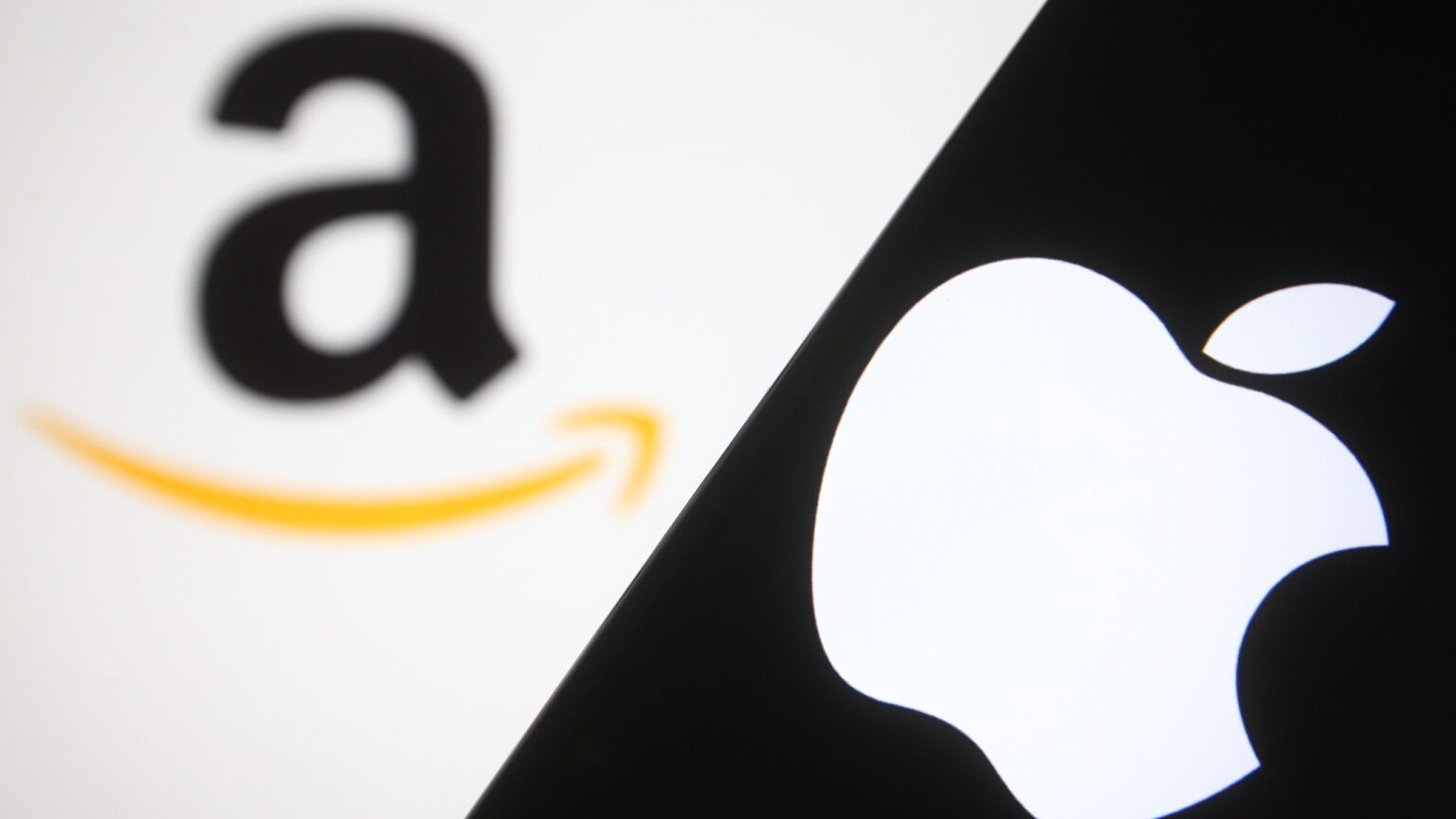Amazon and Apple were the biggest losers of market cap in 2022, in what seemed a bad year for big tech stocks as concerns grew over potential recession, diluting consumer demand.
Also read: What Is a Prompter? Super Prompts Explained
Apple lost $846.34 billion while Amazon went down by $856.06 billion in 2022 from a 52 week high of $1.88 trillion in July 2022. The value shed by each of the two companies dwarfs the total size of other household tech stocks.
In a tweet, Bespoke Investment Group described the figures as “staggering.”
What each of these two firms lost in 2022 alone is double the size of Meta’s complete market cap.
Meta Platforms’ year end market cap was pegged at $315.56 billion.
Market capitalization, sometimes referred as market cap is the value of a publicly listed company’s outstanding shares and is commonly used to measure how much a company is worth.
For Amazon, the stock took a dip as its earnings struggled, with fourth quarter guidance disheartening.
However, its performance was in line with the entire tech sector which has been affected by rising interest rates, slowdown in internet advertising and other factors.
Amazon and Apple not the only laggards
But, it’s not Amazon and Apple alone who lost significant market value.
Cumulatively, the top 10 tech counters lost a combined $4.6 trillion in market cap last year. Amazon led the tech laggards by losing $856 billion followed by Apple, which lost $846 billion.
Google’s parent company – Alphabet had the next biggest drop after $787 billion was wiped off its market cap.
Next on the list is Microsoft, which closed the year with a market cap which was $726 billion lower according to Seeking Alpha.
Other big tech companies that saw significant losses in terms of market cap in 2022 are Meta Platforms, which was down $450 billion and Nvidia, which lost $373 billion.
Taiwan Semiconductor lost $193 billion while Tencent Holdings eased by $150 billion. Alibaba and Broadcom had their market cap reduced by $82 billion and $45 billion respectively.
Bad news bad for tech stocks
Seeking Alpha attributes the declines in tech firms’ market cap to a string of depressing news that impacted market confidence. Supply chain disruptions, delays in spending by consumers, China’s challenges with Covid 19 as well as job cuts also had a knock on effect on the performance of the tech stocks.
In November last year, Amazon said it was beginning layoffs, with the cuts concentrated in its devices business, recruiting and retail operations. The cut offs began last year with over 10 000 affected.
Amazon chief executive Andy Jassy said in a public staff note that the rest of the cuts will now bring the total number of affected employees to 18 000.
“Between the reductions we made in November and the ones we’re sharing today, we plan to eliminate just over 18 000 roles,” said Jassy in his note shared on Wednesday.
“This year’s review has been more difficult given the uncertain economy and that we’ve hired rapidly over last several years. Amazon has weathered uncertain and difficult economies in the past, and we will continue to do so,” Jassy added.
Other big tech firms have been downsizing workforce with thousands of job cuts implemented.
Last year, Meta laid off 11 000 employees or 13% of its workforce while Twitter slashed half its workforce.
Snapchat parent company – Snap sacked 20% of its staff while Microsoft laid off about 1 000 in the third round of downsizing.









 and then
and then